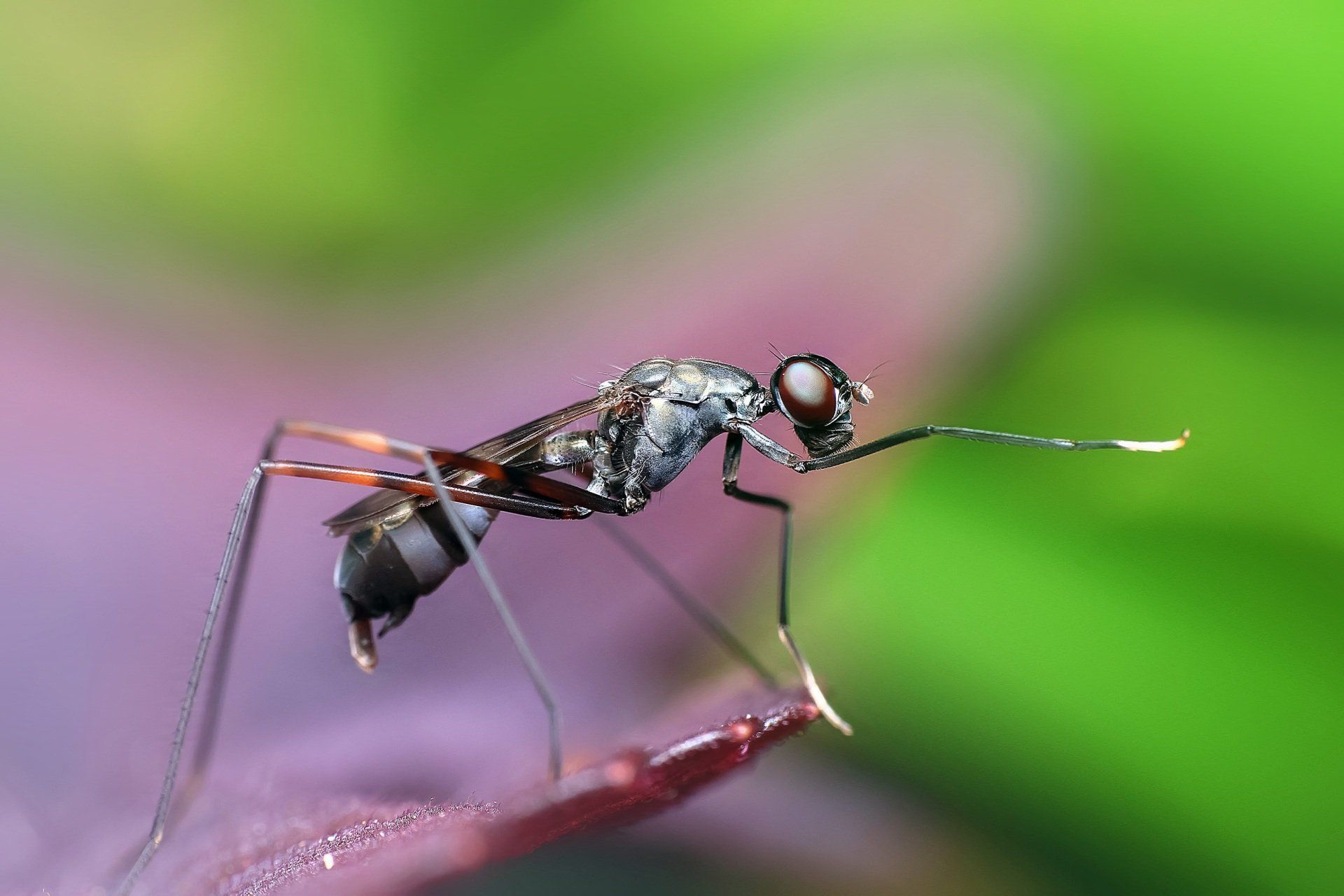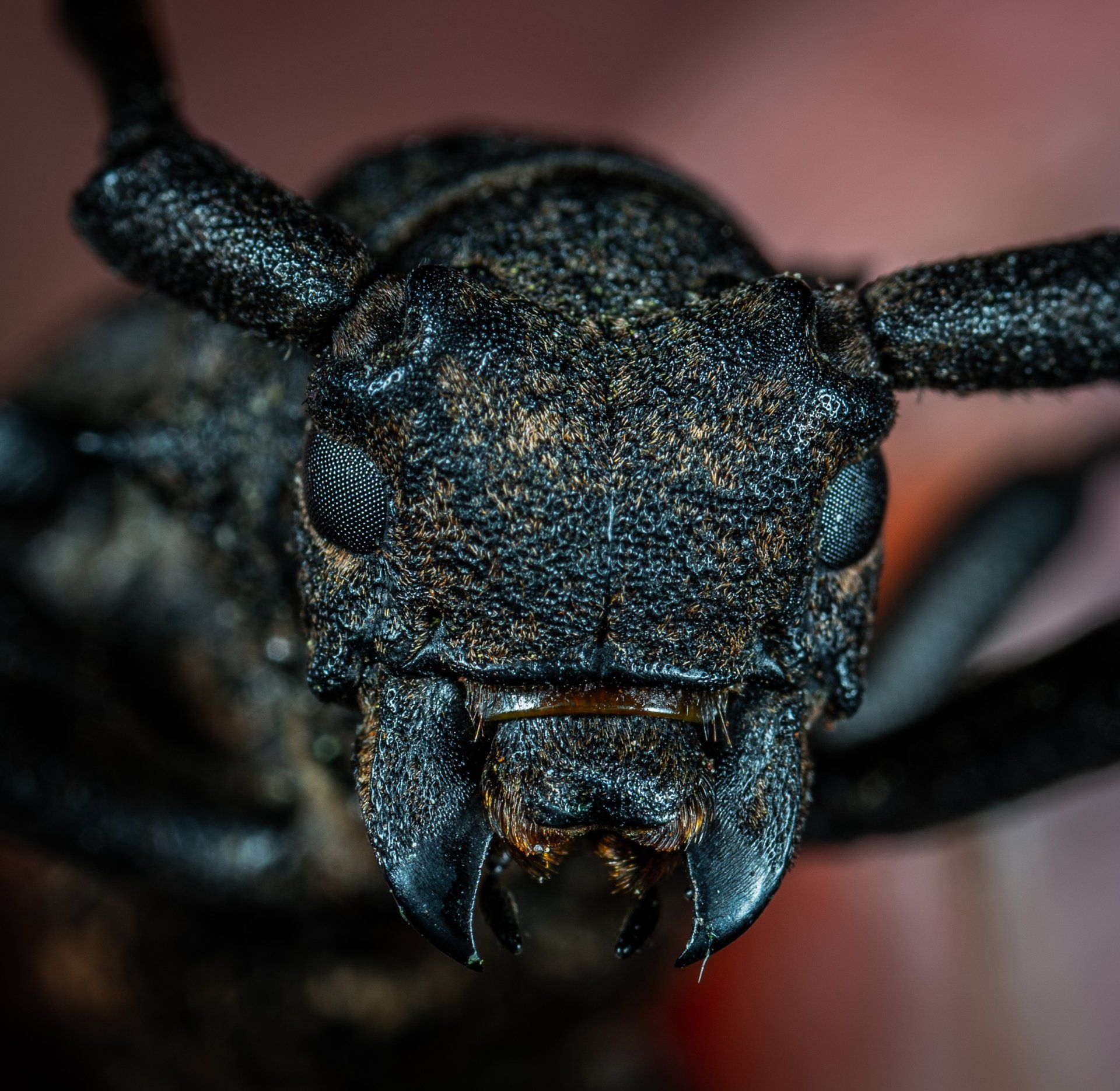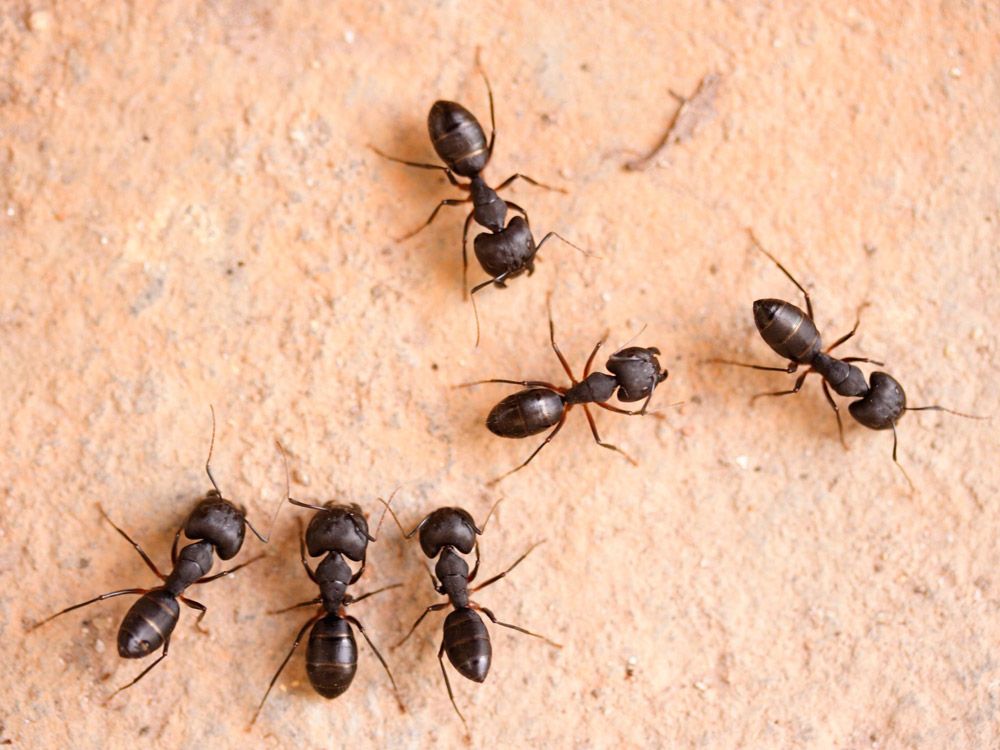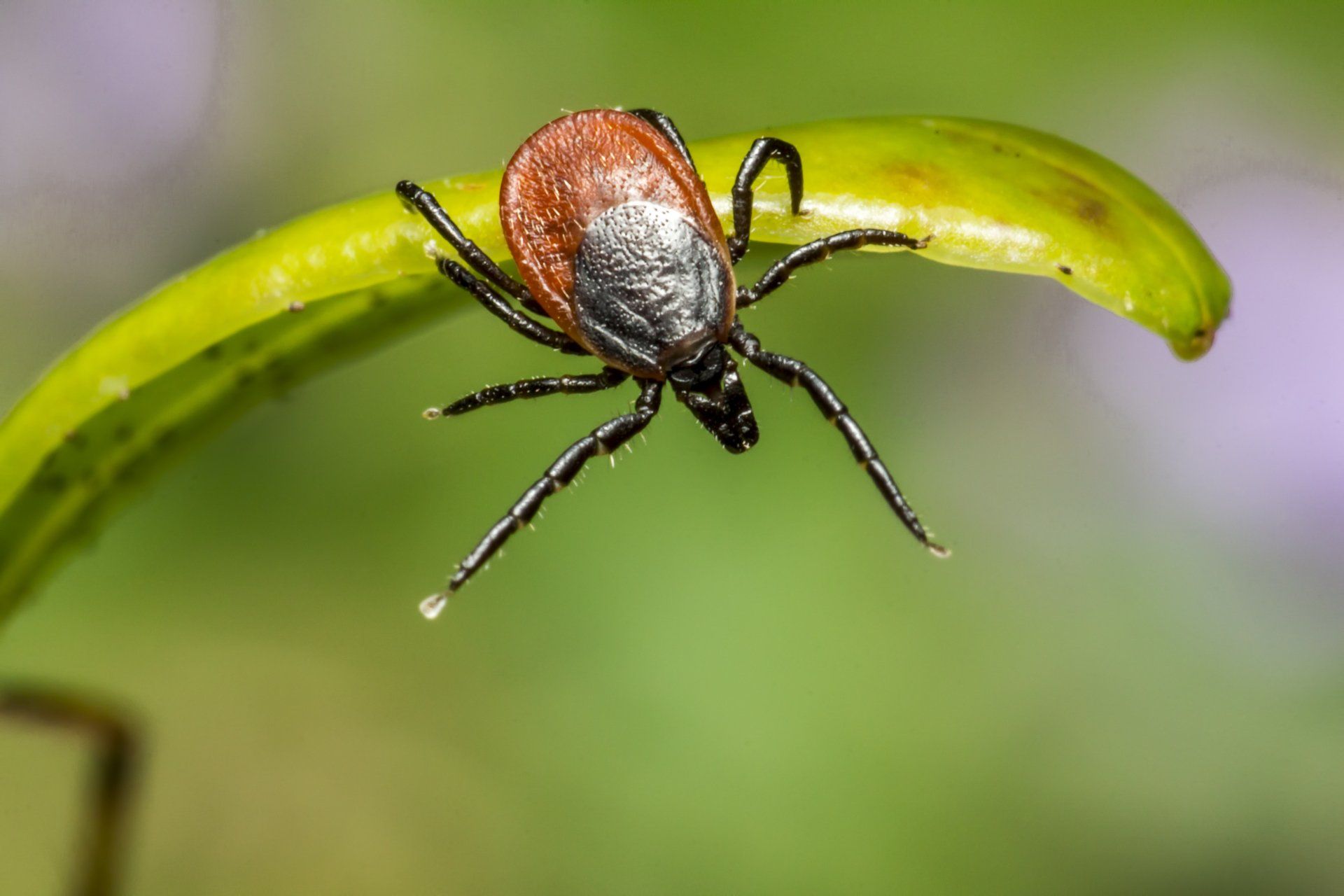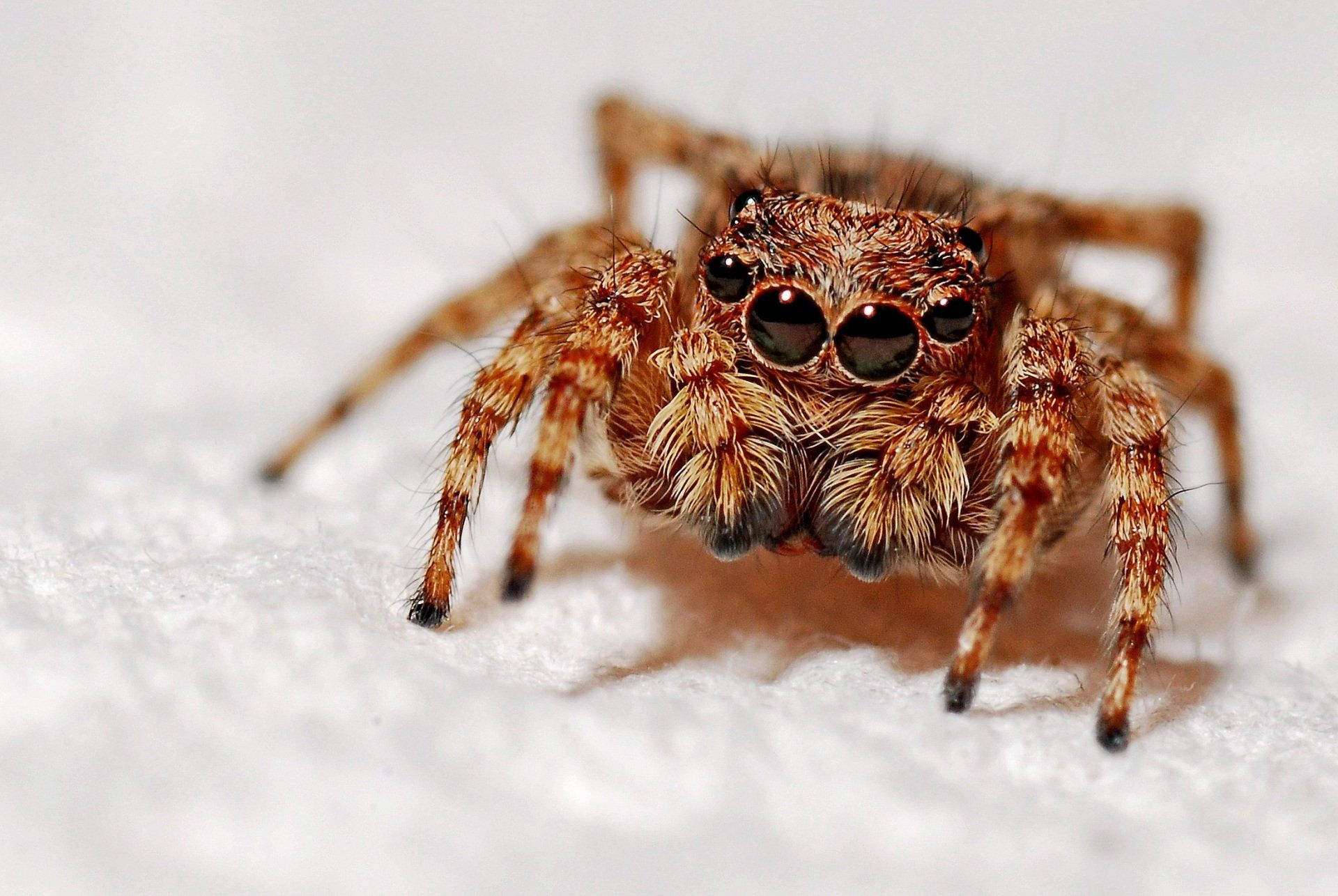What Are Fruit Flies?
Are these tiny pests ornamental?
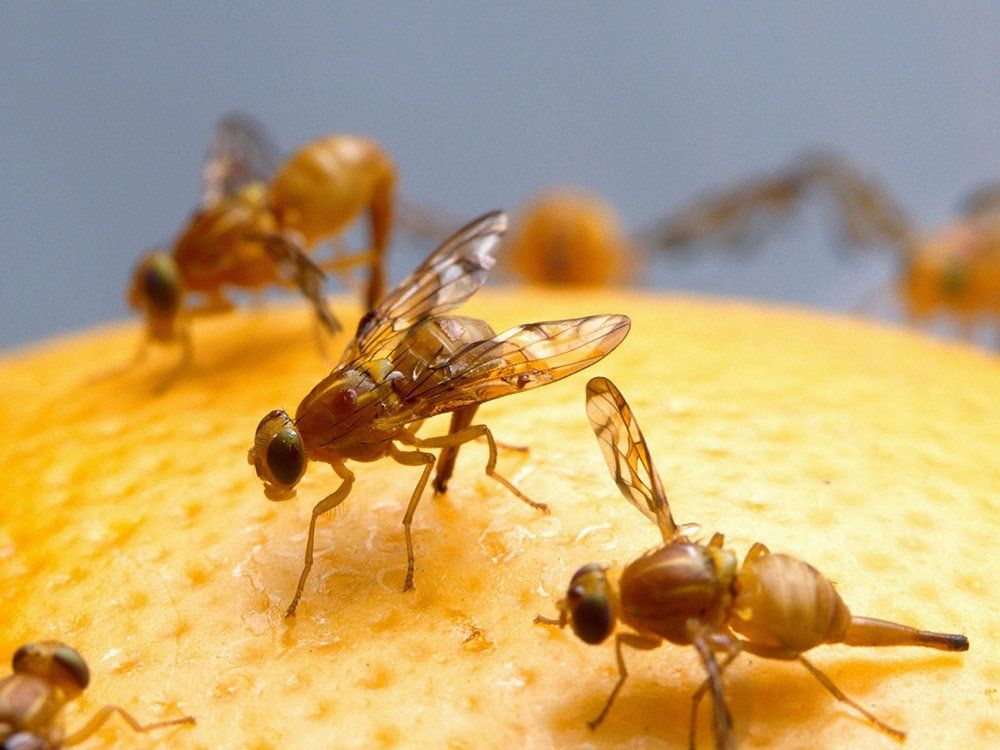
If you’ve noticed tiny, brown, winged bugs on your fruit, you may have fruit flies. You may not realize it, but these little nuisances are much more common than you think. And if you’re someone who composts or keeps overly ripe fruit on your counters, you may notice these pests flying about your home.
Fortunately, you can prevent fruit flies while taking steps to rid your home of an existing infestation. It’s best to keep an eye out for bugs that are between three and 5 millimeters in length with light brown coloring. You may notice two rings on their abdomens, both light in color. Their larvae, also called maggots, can be eight millimeters long and are typically white.
If you notice pests that look like this, then it’s time to take preventative action before you have numerous fruit flies in your home. Although there are numerous DIY tips and tricks you can try, you may need
a professional pest control company in Sparta, NJ.
Are Fruit Flies Dangerous?
This question comes with another question: do fruit flies carry disease? First, if you accidentally ingest a fruit fly or their eggs, you don’t have to worry about them being dangerous to your health. There aren’t any diseases that these pests carry. The same holds true if one stings you or bites you. You don’t have to worry about them transmitting any diseases.
That doesn’t mean eating them can’t make you sick. If a fruit fly lands on a dirty surface, they can transmit bacteria around your home, namely on the food you eat. This could lead to stomach upset and foodborne illness, but it’s rare. It’s still a good idea to thoroughly wash your hands after being around fruit flies and to always wash produce before eating it.
As with any pest, you never know if a person or pet has allergies, so it’s best to prevent an infestation from occurring.
What Do Fruit Flies Eat?
Fruit flies in the kitchen are a common occurrence, especially since they look for extra-ripe produce. This means fruits and vegetables that are fermenting. But these aren’t the only food things you’ll find near.
Fruit flies are attracted to garbage disposals, drains, trash cans, and more. They look for empty bottles and cans, along with mops and cleaning dishcloths. Fruit flies are commonly drawn to moist areas of your home and in areas where there is plenty of food waste.
These flies look for sugary substances. This is why fruit is so enticing to them. If you have open alcohol containers, you may notice fruit flies. One of their favorite foods is bananas, so if you keep fruit on the counter, you may notice an uptick in these pests in your home.
How to Get Rid of Fruit Flies
Fruit flies might get a free ride back to your house, courtesy of any fruit you purchase at the grocery store or local farmer’s stand. The best way to prevent these pests is to purchase the amount of produce you plan on eating. This means
avoiding food waste that will sit on your counter or go into your trash can.
When you get home, wash your produce. If there are any eggs or larvae on your fruit or vegetables, this will remove it. Instead of storing fruit on your counter, place it in your refrigerator in sealed containers.
Empty your kitchen garbage can often. If your trash can is dirty and has food residue on it, wipe it clean. Be careful with compost bins, as overly wet material may attract fruit flies. If your compost bin is too wet, you can add newspaper, cardboard, or shredded leaves.
When taking trash out, keep it in a covered garbage can. Otherwise, you might have
raccoons in your trash. You can install
garbage can locks to keep wild animals out.
Always clean up spills right after they occur. Be careful not to have fruit juice residue on floors or counters, attracting fruit flies. Always clean your food storage areas and ensure there’s no moisture.
What Are Fruit Flies?
Fruit flies are small, light brown pests that look for sugary foods. You can bring them home when food shopping, so always wash your produce. They don’t directly transmit disease, but it’s best to avoid an infestation.
If you’re unsure about the kind of pest in your home, Serene Property Services can help. We offer pest control in Sussex County, NJ, and Warwick, NY.
Contact us today and we’ll help you determine the type of pest in your home, along with the best way of removing it.
We will get back to you as soon as possible
Please try again later
About Us
Contact Info

